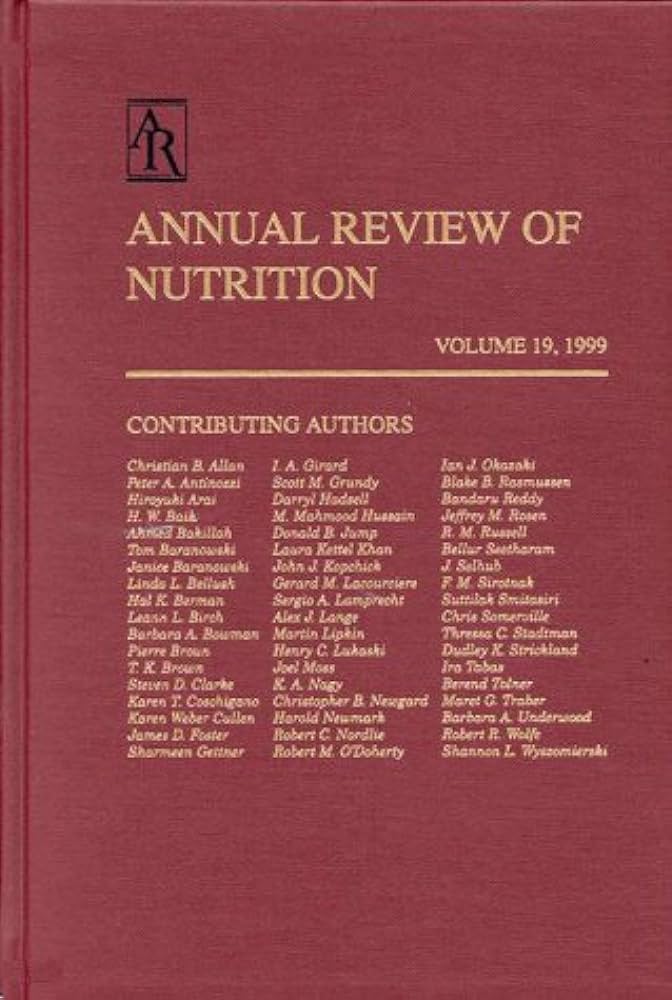膳食指南和营养公共政策制定的证据收集和评估。
IF 12.6
2区 医学
Q1 NUTRITION & DIETETICS
引用次数: 20
摘要
膳食指南和建议通常由政府机构或大型权威组织制定,对公共政策有重大的下游影响。越来越多的证据支持这样一种观点,即用于制定膳食指南的方法存在严重缺陷。这些缺陷包括未能获得或进行全面的系统评价,缺乏对证据质量的系统或严格评价,未能承认建议所依据的证据基础的局限性,以及对利益冲突的管理不够严格。这些问题可以通过遵守指南制定的国际标准来解决,包括采用系统的审查方法和使用严格的系统来评估证据的确定性,并从证据转向建议,其中GRADE方法(建议评估、发展和评估的分级)是最严格和最全面的。改进膳食指南的制定方法,具有显著改善公共政策决策的巨大潜力。本文章由计算机程序翻译,如有差异,请以英文原文为准。
Evidence Collection and Evaluation for the Development of Dietary Guidelines and Public Policy on Nutrition.
Dietary guidelines and recommendations, usually developed by government bodies or large authoritative organizations, have major downstream effects on public policy. A growing body of evidence supports the notion that there are serious deficiencies in the methods used to develop dietary guidelines. Such deficiencies include the failure to access or conduct comprehensive systematic reviews, a lack of systematic or rigorous evaluation of the quality of the evidence, a failure to acknowledge the limitations of the evidence base underlying recommendations, and insufficiently stringent management of conflicts of interest. These issues may be addressed by adhering to international standards for guideline development, including adopting systematic review methodology and using rigorous systems to evaluate the certainty of the evidence and to move from evidence to recommendations, of which the GRADE approach (Grading of Recommendations Assessment,Development and Evaluation) is the most rigorous and fully developed. Improving the methods by which dietary guidelines are produced has considerable potential to substantially improve public policy decision-making.
求助全文
通过发布文献求助,成功后即可免费获取论文全文。
去求助
来源期刊

Annual review of nutrition
医学-营养学
CiteScore
15.80
自引率
0.00%
发文量
19
期刊介绍:
Annual Review of Nutrition
Publication History:In publication since 1981
Scope:Covers significant developments in the field of nutrition
Topics Covered Include:
Energy metabolism;
Carbohydrates;
Lipids;
Proteins and amino acids;
Vitamins;
Minerals;
Nutrient transport and function;
Metabolic regulation;
Nutritional genomics;
Molecular and cell biology;
Clinical nutrition;
Comparative nutrition;
Nutritional anthropology;
Nutritional toxicology;
Nutritional microbiology;
Epidemiology;
Public health nutrition
 求助内容:
求助内容: 应助结果提醒方式:
应助结果提醒方式:


